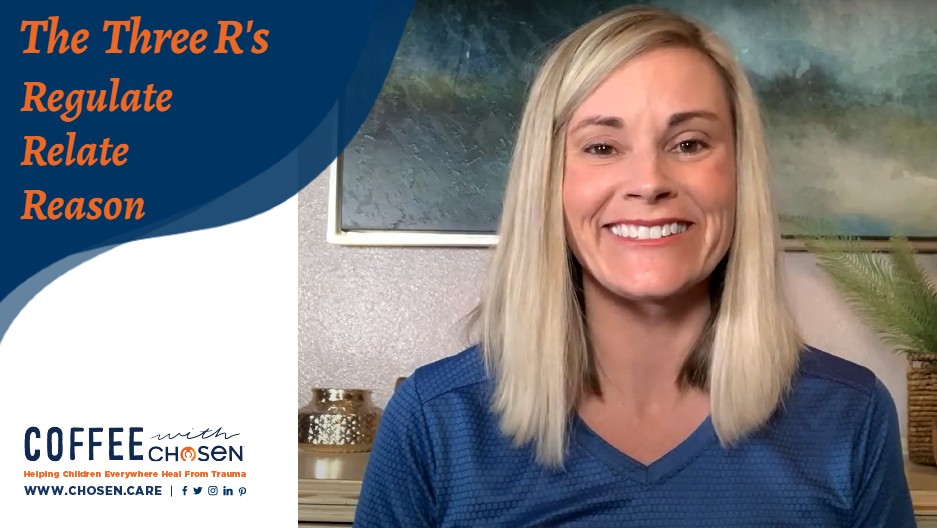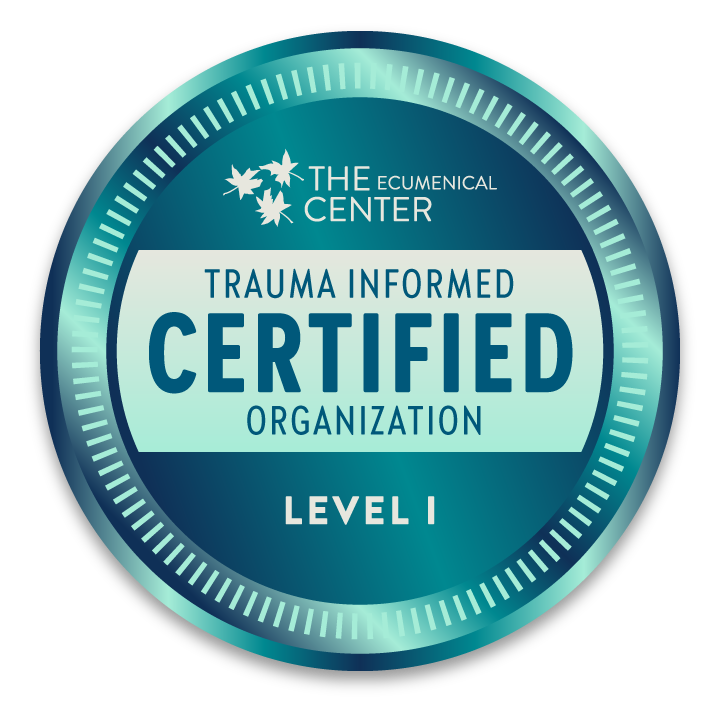If you have a child, you’ve experienced this moment–the meltdown. We’ve all been there. Today on Coffee with Chosen, Nikki shares real-life examples on how we can use The Three R’s from Dr. Bruce Perry, head of the Child Trauma Academy, during these challenging moments.
The Three R’s: Regulate, Relate, and Reason
Hi good morning I’m Nikki, welcome to today’s Coffee with Chosen. Do you wish that your child would behave in a way that is socially and developmentally appropriate? Are there times where they could win the contest for the world’s longest meltdowns?
My friend Staci, recently told me about a time–all of her children are grown now–but she told me about a time where one of her children, when they were four years old, they were at the Lincoln Park Zoo and her daughter–when she had to tell her that she could not have her third cookie of the day her daughter laid down on the ground and was screaming for almost 10 minutes. At this time, people were driving by, her in-laws were there, people were looking at her it was a really difficult moment.
When we’re in these moments, as parents, how do we navigate them and how do we teach our children how to navigate them? Bruce Perry a world-renowned psychiatrist and head of the child trauma academy gives us a great thing called the “Three R’s” he talks about first you regulate, then you relate, then you reason. It’s a bottom-up approach. That’s generally different than how we would go about handling a situation.
So, regulate, relate, reason. The regulating portion what does this look like? Here’s where we’re going to help calm the stress hormones that the children are having. In Staci’s example, with her daughter laying out on the floor screaming. She was rubbing her back, helping get some water, helping her cool down, once she was calm, both of them, she was able to get to the relating portion during the relating portion. She was able to say, “I know, sometimes I really want two cookies as well.” she was showing empathy and compassion. After she was able to have that relate you can then move to the reasoning. At the reasoning part, is where you can start to kind of access that higher level thinking and teaching the lesson or giving reasoning.
So in this point, Staci said, “if you have three cookies you’re gonna get sick and we don’t want that to happen.” So, she went through the process. If she would have just skipped this process and just grabbed her child screaming and crying and taking her to the car. She would have missed an opportunity to connect with her daughter, to have that it could have been drawn out a whole lot longer, and it wouldn’t have been teaching her child how to make her way through the situation for change to happen.
It’s so natural for parents to start with reasoning. We go bottom-up, we take a top down, we do this because that’s the way our minds work, and because of our experiences things make sense to us, but if we skip those other parts, those really important parts and building up to the reasoning. We risk getting a child to only change their behavior through either fear of what might happen compliance or they can just shut down and avoid you altogether and it doesn’t help promote true change or grow your relationship. Next time you’re in a difficult situation try the Three R’s and let us know how it works please reach out to us for further support thanks













